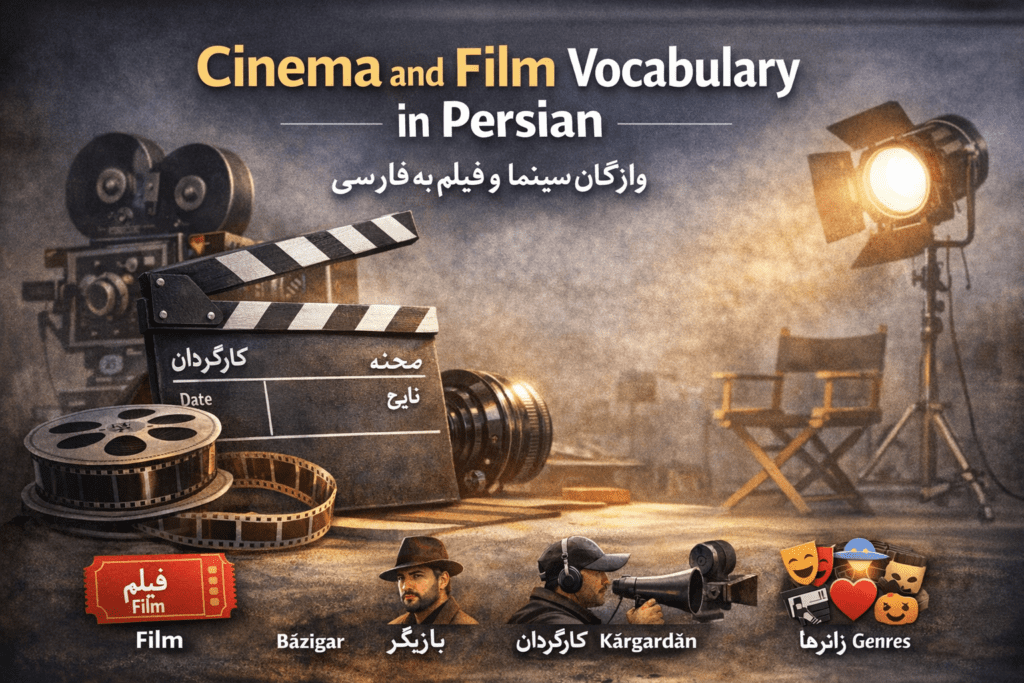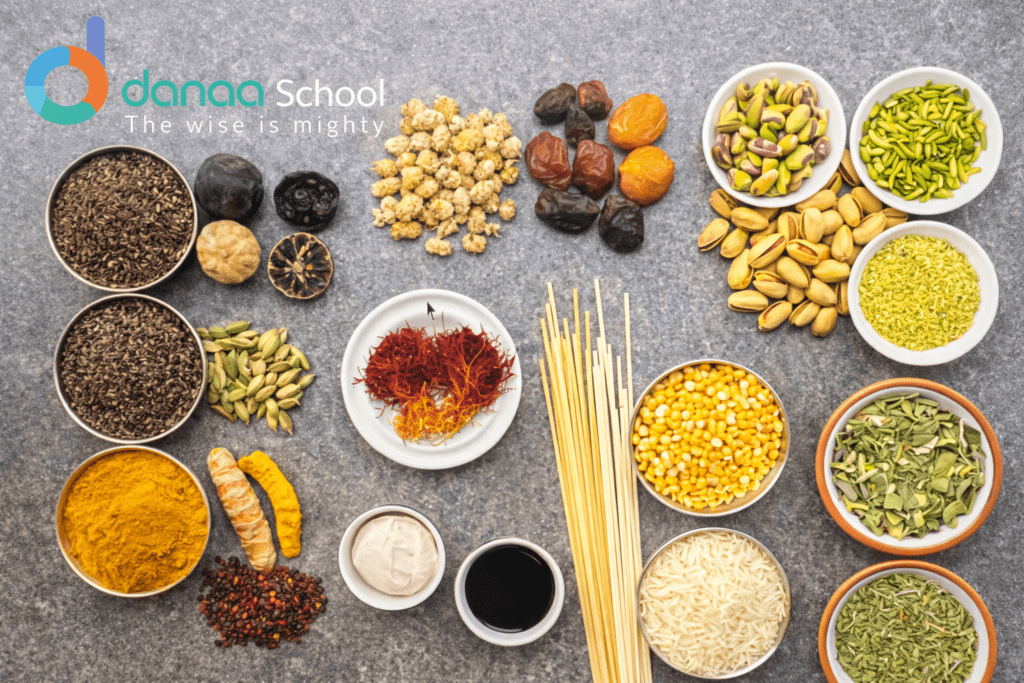Iranian Culture and Traditions: Nowruz, Yalda, Values, and Celebrations

Iranian culture and traditions reflect a unique blend of ancient Persian heritage, strong family values, and symbolic celebrations. From world-famous poetry and hospitality to major festivals like Nowruz and Yalda Night, these traditions continue to shape everyday life for millions of people.
In this guide, you’ll explore the most important Iranian culture traditions, cultural values, and celebrations—and learn how language and literature help keep them alive across generations.
Key Iranian Traditions
- Nowruz (Persian New Year): A spring celebration focused on renewal, family visits, and the Haft-Sin table.
- Yalda Night: The longest night of the year, marked by poetry reading, pomegranates, and storytelling.
- Hospitality (Mehmannavazi): Welcoming guests with warmth, food, and generosity.
What Iranian Culture Is Known For
Iranian culture is widely known for its deep respect for family, love of literature, and strong sense of hospitality. Poetry plays an active role in daily life, and many people quote classical poets during gatherings and celebrations.
Traditional crafts such as Persian carpets, calligraphy, miniature painting, and ceramics also represent important pillars of Iranian cultural identity.
Iranian Culture and Religion
Religion has influenced many Iranian customs and holidays. Iran is a Muslim-majority country, and religious observances shape social life, charity, and the calendar.
At the same time, many Iranian culture traditions—especially Nowruz—are rooted in ancient Persian history and are celebrated as cultural rather than religious events.
Persian Cultural Values
- Hospitality: Guests are treated with generosity and care.
- Respect and politeness: Social etiquette is highly valued.
- Family connection: Extended family plays a central role in life.
- Love of poetry: Literature is part of everyday identity.
Iranian Celebrations and Ceremonies
- Nowruz: Spring equinox celebration symbolizing renewal.
- Chaharshanbe Suri: Fire-jumping ceremony before Nowruz.
- Yalda Night: Winter solstice gathering with poetry and fruit.
- Weddings: Often include the symbolic Sofreh Aghd.
Learn more about Nowruz as a global cultural heritage on UNESCO’s official website .
Learn Farsi with Danaa School
If you want to understand Iranian culture and traditions more deeply, learning the Persian language is one of the best starting points. At Danaa School, students explore Persian language, poetry, and cultural topics through structured and engaging lessons.
FAQs
What makes Iranian culture unique?
Its combination of ancient Persian heritage, strong family values, hospitality, and a deep connection to poetry and symbolism.
Why is Nowruz important in Iranian culture?
Nowruz represents renewal and the start of spring, celebrated through family gatherings and symbolic rituals.
What happens on Yalda Night?
Families gather on the longest night of the year to share fruit, read poetry, and spend time together.
Conclusion
Iranian culture and traditions continue to connect generations through shared values, celebrations, and storytelling. From the renewal of Nowruz to the poetry-filled warmth of Yalda Night, these customs remain a living part of Persian identity.









